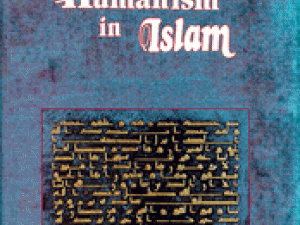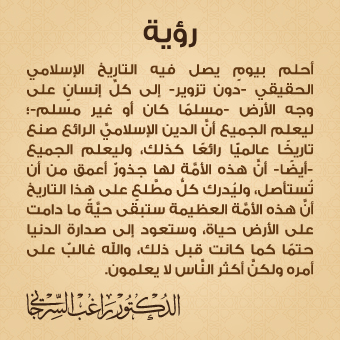"With the flourishing of Arab civilization, religious toleration was absolute"
short desc
Muhammad was characterized by deep thoughtfulness and a touch of sadness while his awareness was of a person who believed in one God and the afterlife.He was born in 1886 and was the director of the French Institute in Cairo. In 1916-1927, he was appointed a professor in Algeria University. He was also a member of the Arabic Scientific Academy of Damascus. He was delegated by the government in many cultural missions, and later chosen by UNESCO to be a member of the Committee of Orientalists. His Islam is among his important writings. He also published much research in some famous Oriental magazines and translated Qânoon Deewân ar-Rasâ’il (Divan of Letters) of ibn as-Sayrafi; revised a part of Futooh Misr Wal-Maghrib (Conquests of Egypt and Maghrib) of ibn ‘Abd-Al-Hakam; the second part of Akhbâr Misr (Stories of Egypt) of ibn Muyassar; and Kitâb al-Iktifâ’ (Sufficiency) of ibn al-Kula‘i.
By virtue of Muhammad
“By virtue of Muhammad’s generally unified political and social reformations, the Arabs became well-aware of themselves and went out of the darkness of ignorance and entered the history of civility.”[1]
Mercy versus resoluteness and religion versus world
“In general, Muhammad was characterized by deep thoughtfulness and a touch of sadness while his awareness was of a person who believed in one God and the existence of an afterlife. In addition to his pure mercy and resolute opinion and conviction, he was a statesman, politician and warrier. But he was not violent in so much as peaceful.”[2]










Comments
Send your comment